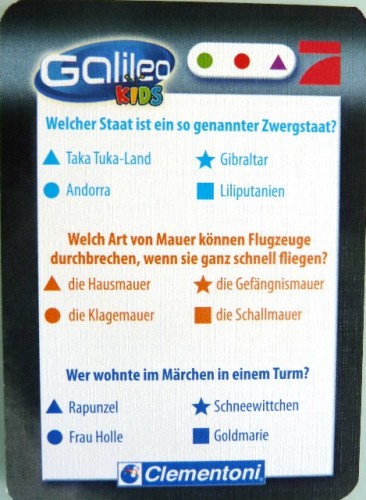To the rescue are 5 fun language learning techniques that actually make it enjoyable.
Table of Contents
Learning another language can be tough, and sometimes it’s not much fun learning all the grammar, the correct sentence structures and memorizing the new vocabulary. These are some of my favorite language learning techniques.

#1 Play Scrabble in Your New Language
Playing Scrabble is a great way to build your vocabulary. It will also help you recognize letter patterns and of course, help your spelling. I’ve been learning German for just over 5 months in an intensive German class. And I find I need to tweak the rules a bit to have any chance of playing.
I play with a dictionary, which my German friends are not allowed to use. If that’s still too difficult, you could also negotiate to have an extra letter or two. Playing Scrabble in German is more difficult than I had anticipated, but it is fun and a good challenge. It’s unorthodox but one of the fun language learning techniques out there.
#2: Cook in Your New Language

Most of us are motivated by food so if you buy a cookbook (or get an online recipe) in the language you are learning, you will be surprised at how motivated you are to understand the ingredients and ensure that you follow the recipe correctly, since of course, you want to enjoy eating what you cook!
I’ve found cooking from German cookbooks to be surprisingly simple – if you choose the right book. I have 3 cookbooks in German, and all the recipes are relatively simple and have pictures, but to be fair, I prefer this type of cookbooks even in English.
The other benefit of following a recipe in the new language is that after trying a few recipes, you will see that a lot of the instructions are similar, i.e. chop, heat, slice, bake.
Although I’ve just started cooking from German cookbooks a few weeks ago, my cooking and food vocabulary has already improved considerably, and best of all I’m rewarded with a good meal! If you were really motivated you could just cook only in the new language you were learning! This is probably one of the best learning techniques as you get the added benefits of eating the yummiest local cuisines too.
#3: Watch TV with Subtitles in Your New Language
Once your language skills are better, you won’t need the subtitles but when you’re just learning subtitles can are very helpful. I started watching TV in German but got frustrated as I was missing so many words. But by also having the German subtitles on the screen, I can understand much more than just by listening alone.
Eventually, I plan to turn off the subtitles, but in the meantime, the subtitles are encouraging me to actually watch German TV which is good for improving my listening skills, something I need to work on.
Related Reading: German Culture: My Awkward Social Encounters with Germans
#4: Read in Your New Language

There is likely no shortage of reading materials in your new language, but the key is to find something interesting for you to read, that’s not too difficult.
It can be a comic book, a children’s book or magazine, or if you’re looking for something more adult, find something based on your interests that has a minimal amount of text such as a tabloid, decorating, or travel magazine. I personally read celebrity magazines.
If there’s a lot of text, this can be overwhelming when you’re just learning a language. Once you have some basic language skills, books in English and the language you are studying may be available.
I have one of these books where one page is written in German and the same page is written in English so if you don’t understand something, you can refer to the English translation.
I’ve found this to be very helpful and is a good way to make reading longer text achievable.
#5: Trivia Game in Your New Language

I happen to love board games and find playing trivia games in a new language to be a lot of fun. I recently bought one for children (since the language level is more suitable for my current level of German) and played it with an American friend.
We learned a lot of new vocabulary. We also practiced speaking (reading the question to the other person), listening, and learned some trivia about Germany as well. It was a lot of fun and I also learned some German slang that I haven’t forgotten.
We did this on a Saturday night, and I can safely say I’m not motivated to learn German in the traditional boring ways on a Saturday night, but when it was fun, why not?
In a previous post, The Best Way to Learn a Language (Besides Speaking It) I had written that it is important to identify your learning style to make learning a new language easier.
Why I Enjoyed Using These 5 Language Learning Techniques
These five language learning techniques are all hands-on, as I am a hands-on learner, but more importantly, they’re fun.
After spending 25 hours a week in German class. And doing 1-2 hours of German homework every day, I’m often not motivated to learn more German on the weekends.
Partly also because I Choose the Wrong Language School. But by finding ways to make it fun, I actually don’t mind learning German. And these activities are making a huge difference to my German skills since I’m learning German in a practical setting.
That was also a large part of the reason why I quit German school. We did not play games or do anything interactive or fun. It was just one grammar worksheet after another, which is NOT the best way to learn a language.
